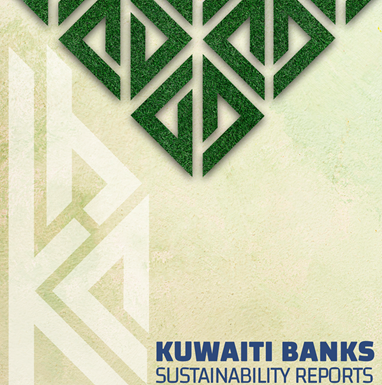KBA’s Initiative to Drive Sustainable Finance
Dr. Hamad Al-Hasawi, Secretary General at Kuwait Banking Association (KBA) said that with growing global concerns over climate change, social inequality, and corporate governance, Environmental, Social, and Governance (ESG) considerations have become essential for financial institutions worldwide. Recognizing the significance of sustainable finance, Kuwait Banking Association (KBA) has taken a proactive step by establishing a new committee dedicated to promoting ESG practices in the country’s banking sector. This move showcases the KBA’s commitment to responsible and sustainable banking practices in Kuwait.
It is worth noting that the financial institutions’ adoption of ESG practices not only aligns with global standards; it also fosters trust among stakeholders, attracts responsible investors, and enhances a banks’ overall reputation. Moreover, incorporating ESG considerations into banking operations contributes to mitigating risks, fostering long-term sustainability, and creating value for society and shareholders, and the national economy.
Al-Hasawi commented that recognizing the significant impact financial institutions, especially banks, can have on the environment and society, the establishment of the new committee was essential to ensure adherence to sustainability standards in banks’ strategies and daily operations, with the aim of positively impacting society and driving sustainable growth in line with global best practices.
The committee’s core objectives encompass several key areas:
1. Awareness and Education: The committee will focus on raising awareness about ESG principles among member banks, bankers, and stakeholders. This will ensure well-informed banking sector about sustainable finance practices and their importanc
2. Framework Development: The committee will work towards establishing a comprehensive framework for ESG practices, aligned with international standards and tailored to the specific needs of Kuwait’s banking industry. This framework will serve as a guideline for banks to assess their current practices and integrate ESG considerations within their policies and strategies.
3. Reporting and Disclosure: Transparency is vital in promoting sustainable finance practices. The committee will develop guidelines and reporting frameworks to facilitate accurate and standardized ESG reporting among member banks. Such reporting will enable stakeholders to evaluate banks’ ESG performance and make informed decisions about their investment choices.
4. Collaboration and Partnership: The committee will seek to collaborate with relevant stakeholders, including regulatory bodies, think tanks, and industry experts, to leverage their expertise and promote sustainable practices. This partnership approach will contribute to the growth and development of a responsible banking culture in Kuwait, while fostering innovation and sharing best practices.
The Road Ahead
Al-Hasawi stressed that the integration of ESG principles within the banking sector while fostering collaboration, knowledge-sharing, and awareness, paves the way to a more sustainable, inclusive, and resilient financial system that contributes positively to the country’s economic growth.
While the journey towards sustainable finance may pose certain challenges, the KBA’s proactive approach ensures that Kuwait’s banking industry remains at the forefront of global best practices.
Al-Hasawi concluded that as global concerns around sustainability intensify, the establishment of a dedicated ESG committee marks a pivotal step in integrating sustainable finance practices within Kuwait’s banking sector. Through education, framework development, reporting, and collaboration, the committee will drive responsible banking practices, benefitting both the industry and the nation. The committee’s strategic initiatives will undoubtedly contribute to enhancing the sector’s overall reputation, attracting responsible investors, and fostering long-term sustainability in Kuwait’s financial landscape.

